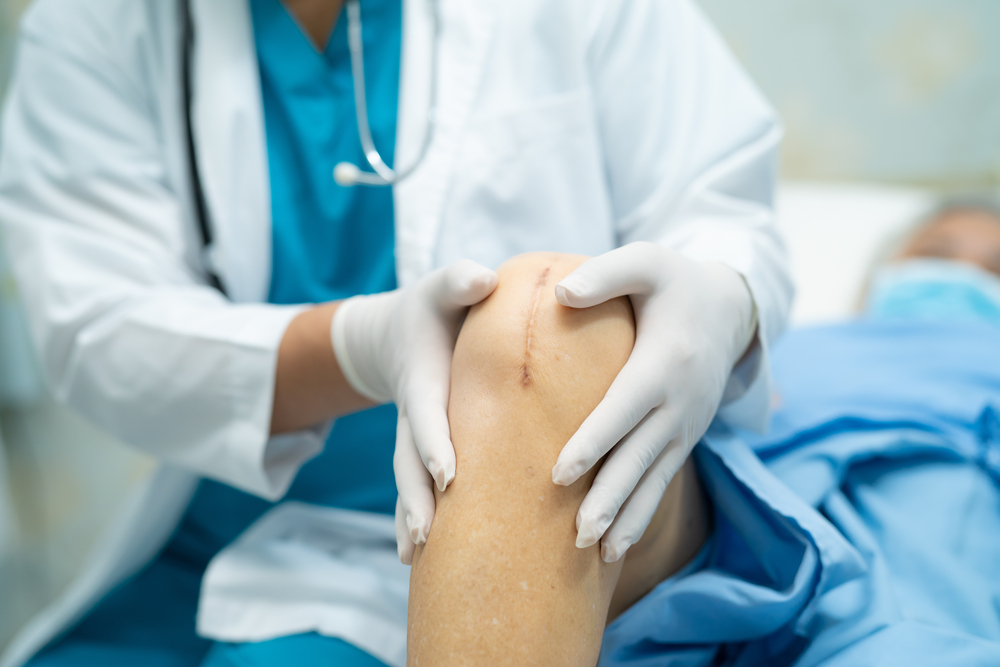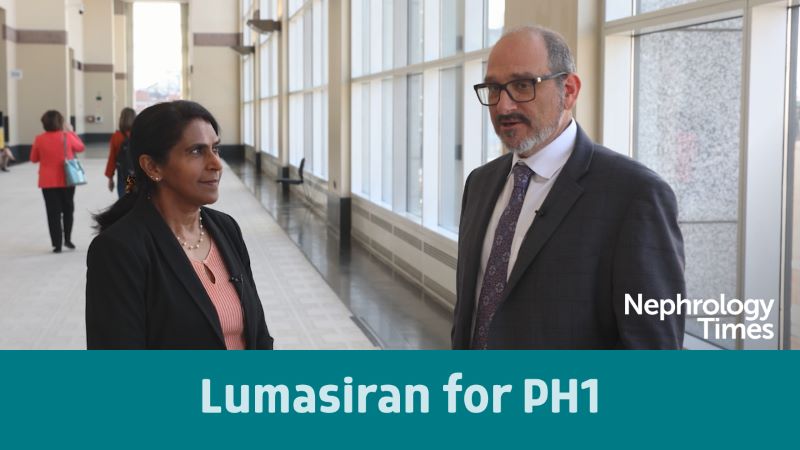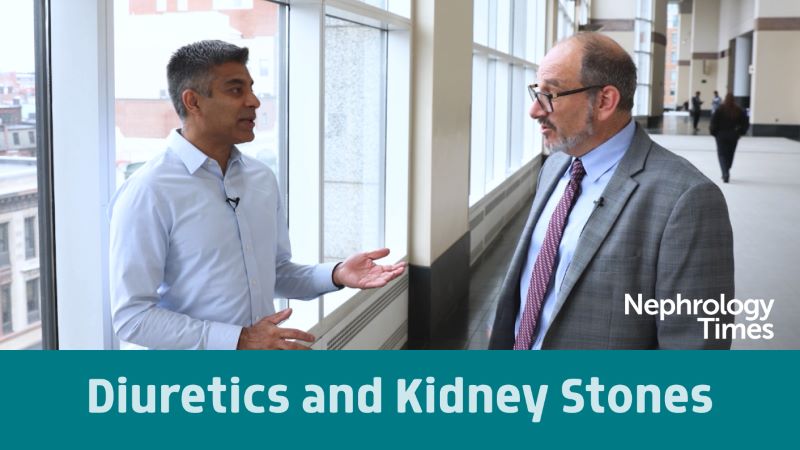
Researchers from the Department of Orthopaedic Surgery at Tulane University School of Medicine in New Orleans conducted a study that suggested gout attacks following total knee arthroplasty (TKA) were associated with an increased rate and incidence of joint complications.
TKAs are the most commonly performed joint replacement surgery, with more than 600,000 surgeries being performed in the US every year. The indications for a patient to undergo TKA include destruction of joint cartilage either from osteoarthritis, rheumatoid arthritis, inflammatory arthritis, posttraumatic degenerative joint disease, or joint collapse with cartilage destruction.
“The prevalence of gout is increasing along with the number of TKAs performed annually,” the researchers wrote in their study published in the Journal of Arthroplasty. “The purpose of this study was to evaluate the incidence of gout following TKA in patients who had a previous history of gout and to determine if it is associated with an increased rate of postoperative joint complications.”
Using a national database, the researchers conducted a matched cohort study comparing the rates of complications between 17,463 TKA patients with a prior diagnosis of gout and 17,463 TKA patients without gout. The rates of complications were compared using multivariable logistic regressions at 1- and 2-year follow-up.
Over 53% of patients with a previous diagnosis of gout had a recurrence of gout within 2 years of TKA compared with just 3.6% of those in the control group. After 1 year, patients with gout were significantly more likely to incur prosthetic joint infections and undergo revision procedures. Furthermore, at 2-year follow-up, gout patients were at a significantly increased risk of prosthetic loosening, prosthetic joint infection, revision, and incision and debridement procedures.
“This study suggests that patients who had a prior diagnosis of gout are significantly more likely to experience recurrent episodes of gout after TKA. Gout attacks after TKA are associated with an increase in the rate of joint complications,” the researchers concluded.







 © 2025 Mashup Media, LLC, a Formedics Property. All Rights Reserved.
© 2025 Mashup Media, LLC, a Formedics Property. All Rights Reserved.